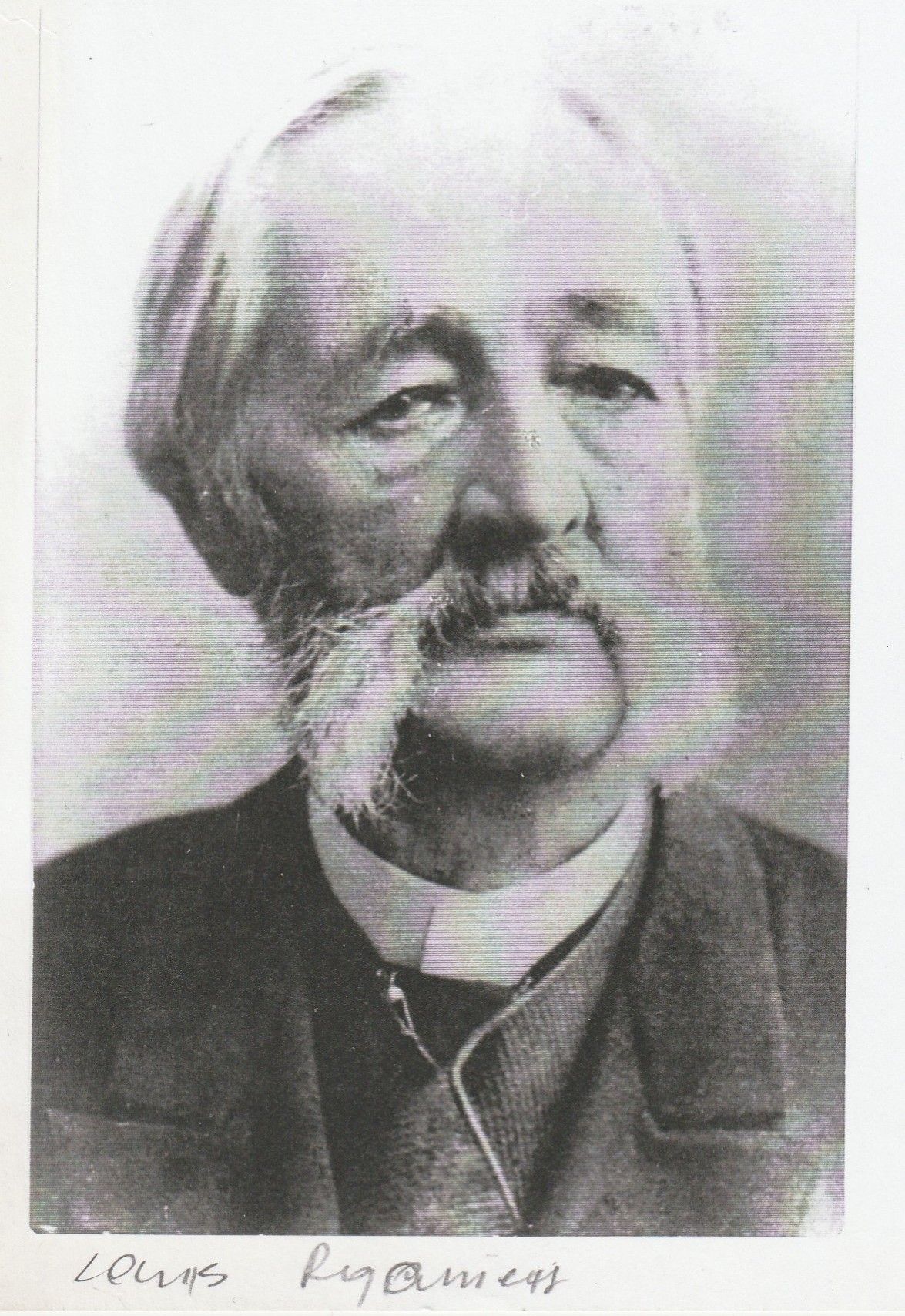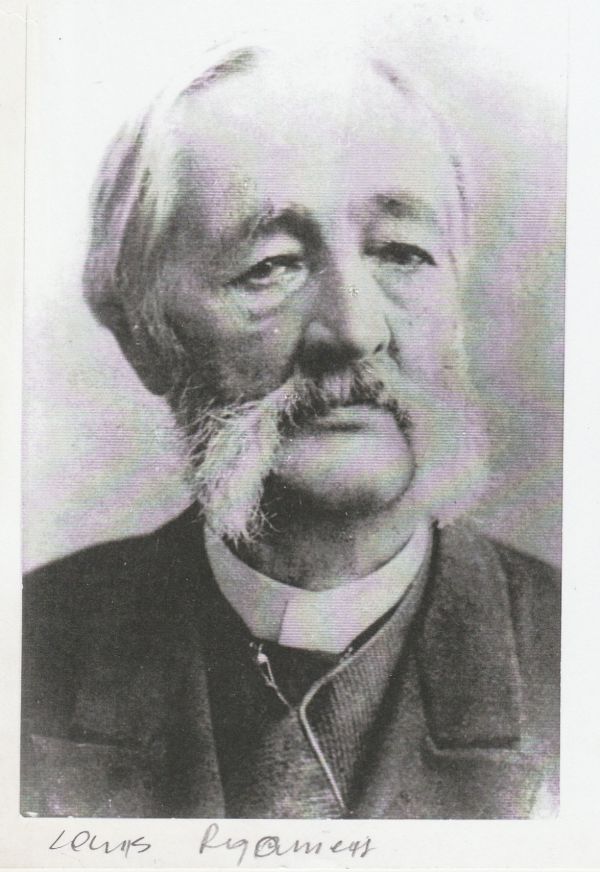Origin and national identity

The Régameys are an old family stemming from the Swiss Canton of Vaud, from the patriciate of Lausanne. One of the family’s progenitors, Louis Régamey, came to the Polish Vilnius (then under Russian rule) in the mid-nineteenth century. The later generations of Polonised members of this large clan mostly resided in Kyiv and Podolia. Both Konstanty Régamey Sr’s father and brother were distinguished teachers at Kyiv’s Gymnasium [secondary school] No. 1. Konstanty Kazimierz was born in the small town of Zhmerynka (Pol. Zmierzynka) in Podolia, which is also the birthplace of the Polish writer Jan Brzechwa. It was a major railway junction where routes from the north to the Black Sea and from west to east met and crossed. It was famous for its impressive palace-like railway station, which (erected for the tsar’s passage and visit to the town) still commands admiration today. The nearby estates, including Fedorovka (now Fedorivka), belonged to the Régameys. Following the untimely death of Konstanty Kazimierz’s father Rudolf Felix Gabriel Ludwigovich Régamey (1852–1891), his children were separated and brought up by various relatives and friends. Konstanty Kazimierz was sent to Odessa to the Polish Bucholc family, whose head was a stationmaster at the Odessa railway junction. (‘Grandma’) Maria Bucholc brought the boy up in the Polish culture and tradition. He attended a secondary school in Odessa, passing his end-of-school exams in 1897. He thus learned the Polish language and developed a close connection to Polish culture, which, though it elevated his status in Kyiv’s salons and on stages, eventually brought him to a tragic end.
Jerzy Stankiewicz, "The Forgotten figure of Konstanty Kazimierz Regamey and His Newly Discovered Piano Concerto in F-Sharp Minor, Op. 21", in Sto lat muzykologii polskiej, Kraków, 2016.



